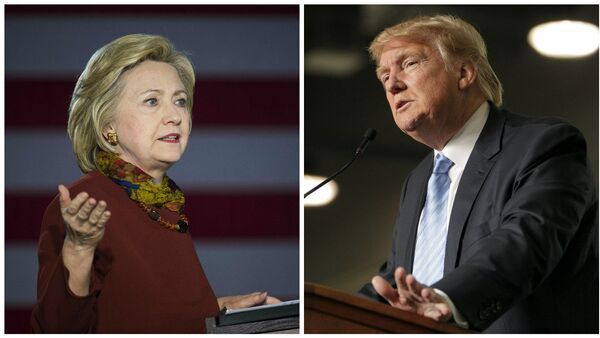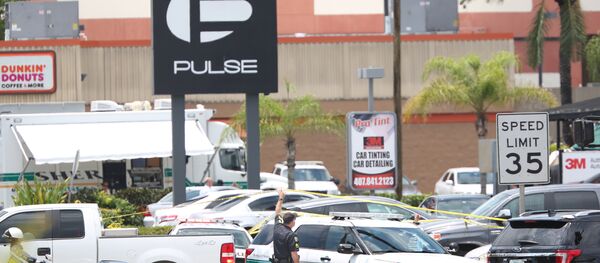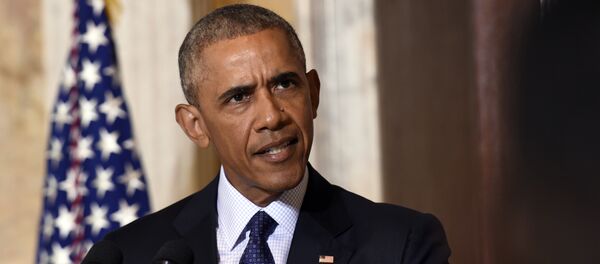Clinton said in a speech Monday that "We should keep the pressure on ramping up the air campaign" against Daesh, also known as ISIS/Islamic State, in Iraq and Syria. Trump said in an interview that same morning, "We have generals that feel we can win this thing so fast and so strong, but we have to be furious for a short period of time, and we’re not doing it!"
Sen. Johnny Isakson (R-GA) concurred, saying, "We’ve got to be willing to take the battle to ISIS. Right now, they’re taking the battle to us, and yesterday it was in Orlando."
Rep. Bill Hurd, (R-TX) agreed. "The reality is, what we need to do is we need to take the fight to the terrorists on their doorstep. Whether it’s ISIS, al Qaeda, Boko Haram, we need to be there," he said.
The shooter, Omar Mateen, pledged allegiance to Daesh to a 911 operator after opening fire at the Pulse nightclub in Orlando, Florida. In 2013 he was investigated by the FBI for expressing sympathy with Al-Qaeda and Hezbollah, two groups who have violently rivaled Daesh in the past. He was investigated again in 2014 on suspicion of being linked to Moner Abu-Salha, another self-radicalized American who died in a suicide bombing in Syria. To date, no direct connection has been discovered tying Mateen to Daesh, or any other terrorist organization.
Since Daesh did not direct the Orlando shooting, and Mateen acted of his own volition, it’s difficult to see what intensifying the bombing campaign is intended to achieve.
According to airwars.org, the US-led coalition has currently conducted over 13,000 strikes against Daesh, nearly 9,000 in Iraq and over 4,000 in Syria. This includes over 44,000 bombs dropped, leaving about 1,300 civilians dead.
In 2004, a report commissioned by then-Secretary of Defense Donald Rumsfeld to the Defense Science Board Task Force reviewed the effects of Bush and Cheney’s post 9/11 policies. The report sharply criticized the administration’s tactics and said that the US’s attempt to fight terrorism helped stoke anti-American sentiments in the Middle East.
The report found that, "Negative attitudes and the conditions that create them are the underlying sources of threats to America’s national security and reduced ability to leverage diplomatic opportunities," stating further that, "American direct intervention in the Muslim World has paradoxically elevated the stature of and support for radical Islamists." The report stated plainly that, "…in the eyes of Muslims, the American occupation of Afghanistan and Iraq has not led to democracy there, but only more chaos and suffering," and, "Muslims don’t ‘hate our freedom’ but rather they hate our policies."




